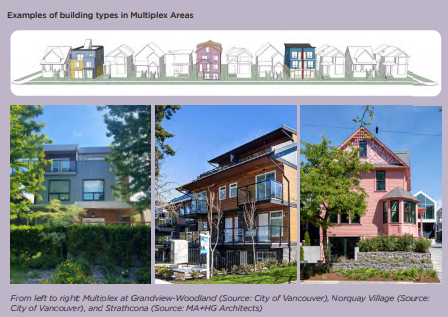
Timing the real estate market is about you, not the market. I know that’s not the answer you were looking for but it’s true. Real estate is 365 days a year – there’s no wrong or right time outside of your personal needs, but there are seasonal flows that may impact your decision making.
Winter: Most sellers avoid the market from December to February as the weather is the least favorable and buyers are nestled in their beds. This is when sellers that “must sell” hit the market and bargain buyers remain present.
Spring: From March to June the market is bountiful. This is typically the peak of good quality listings and competition is robust. If you’re a picky buyer this is a great time to get high quality properties. This is always a good time for sellers as most buyers have been trained to shop in the spring.
Summer: July and August are vacation months. Most families are focused on experiencing the beauty of BC or travelling abroad rather than the hustle and bustle of real estate. During this time you’ll often find picturesque vacation homes for sale, waterfront properties, and properties that didn’t sell during the spring market. Summer is a great time to buy as there are fewer buyers to compete with and everyone tends to operate on a more relaxed pace.
Fall: September to November is a busy real estate season. For many sellers this is the preferred time to sell as opposed to Spring. They have had the time to reflect on their needs over the summer and possibly make some improvements to their homes that can only be done over the summer months. This is also a great time for buyers looking to make a purchase before the winter kicks in.
In general, there is no wrong time to engage in real estate. Real Estate is not rocket science and I encourage my clients to feel in control of the process rather then operating on the illusion of a crystal ball.
ALWAYS operate on your terms and then decide if the current market conditions support your needs to achieve your real estate goals.
Click here to view my recently SOLD properties.
Vassi Balatico 778-688-4948



